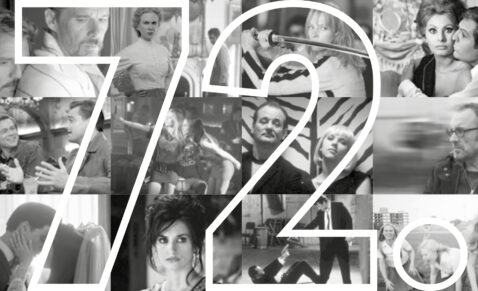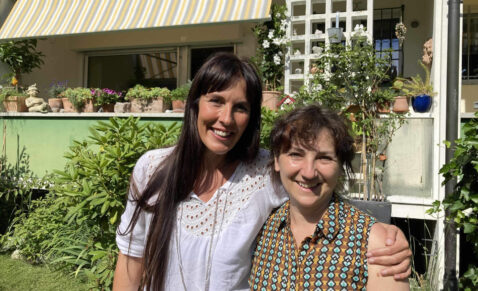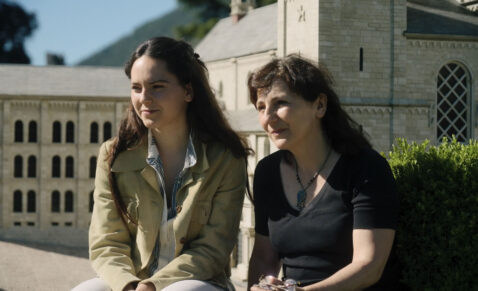Motherland
As a daughter, director Miriam Pucitta was given to strangers by her mother so that she could keep her job. Was she a "forbidden child"? Today, together with her own daughter, she searches for traces and injuries in her family in Germany, Italy, and Switzerland and discovers a chapter of labor migration that is widely unknown.
Cast
- Marcella Tonin
- Catia Porri
- Daniela Perco
- Antonio Grasso
- Giulia Chauvistré
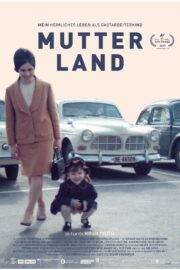
Motherland
Miriam Pucitta
- Documentary
- Production Country / Year
- Germany, Switzerland 2022
- Language
- dt., it. OF m. dt. UT
- Format
- DCP, Color, 96min
1.78:1 (16:9), Discrete 5.1
- Original Title
- Mutterland
Nominated for:
Granit – Hofer Dokumentarfilmpreis
Director & Crew
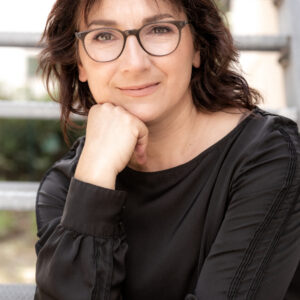
Miriam Pucitta
Miriam Pucitta studied painting at the Academy of Fine Arts in Florence. After attending the Zelig Film School in Bolzano, she continued her studies at the University of Television and Film in Munich, graduating in 2000 in the documentary department.
Filmography
| 1995 | Come pietre vive | Dokumentarfilm | |
| 1996 | Si ruba con gli occhi | Dokumentarfilm | 1995 |
| 1998 | Se non mi vuoi | Spielfilm | 1998 |
| 2005 | Der traum des vaters | Dokumentarfilm | |
| 2007 | Friede freude eierkuchen | Dokumentarfilm | |
| 2016 | Beer brothers | Dokumentarfilm | |
| 2019 | Träume habe ich viele | Dokumentarfilm | |
| 2023 | Mutterland | Dokumentarfilm | 2023 |
“Ever since I can remember, my mother seemed aloof to me, as if shrouded in a great mystery. I was born in Bern because she had emigrated to Switzerland when she was seventeen. She was just twenty years old then, but I hardly knew anything about that. [...]
I became a mother myself and my mother loves Giulia more than anything. Suddenly she remembers things she never talked about before: her childhood in San Vito and her voyage to Switzerland. My daughter and I wanted to get to the bottom of this story once and for all and capture it in a documentary. We were aware that her progressive illness might erase the last memories forever. [...]
It is the story of a girl who, like thousands of other young women, was recruited and left her home in Italy to work abroad. [...] Because family reunification was forbidden for Italian seasonal workers in Switzerland [...], the migrant women were faced with a decision: either to ‘hear’ their children grow up over the phone – or to keep them with them, which meant officially hiding them from the authorities. [...]”
Miriam Pucitta
- Director of Photography
- Carlotta Holy Steinemann
- Stephane Kuthy
- Markus Belde
- Editor
- Natascha Cartolaro
- Sound Designer
- Jörg Elsner
- Music Composer
- Daniel Almada
- Producer
- Ingo Fliess
- Susanne Guggenberger
